Blog
10 Ways To Maintain A Healthy Work-Life Balance While Working From Home
1. Set Clear Boundaries:
Establish designated work hours and clearly communicate them to yourself and your family. Define when the workday begins and ends.
2. Create a Dedicated Workspace:
Designate a specific area for work to create a physical boundary between your professional and personal life. This helps in mentally "leaving" work when it's time.
3. Schedule Breaks and Rest:
Plan regular breaks throughout the day to recharge. Step away from your workspace, stretch, or take a short walk to maintain energy and focus.
4. Prioritize Tasks:
Identify your most important tasks and prioritize them. Focus on high-impact work during peak hours and avoid unnecessary overtime.
5. Communicate Expectations:
Clearly communicate your work hours and availability to colleagues, clients, or team members. Set realistic expectations for response times.
6. Practice Mindful Endings:
Develop a ritual to signify the end of the workday. Shut down your computer, turn off work-related notifications, and mentally transition to personal time.
7. Establish Digital Detox Times:
Create periods of the day or week for a digital detox. Disconnect from work emails and messages to fully engage in personal and family activities.
8. Set Personal Goals:
Establish personal goals alongside professional ones. This could include spending quality time with family, pursuing hobbies, or engaging in self-care activities.
9. Learn to Say No:
Recognize your limits and don't hesitate to say no to additional work when it interferes with your well-being or family commitments.
10. Reflect and Adjust:
Regularly reflect on your work-life balance. If adjustments are needed, be flexible and willing to make changes to better align with your priorities.





